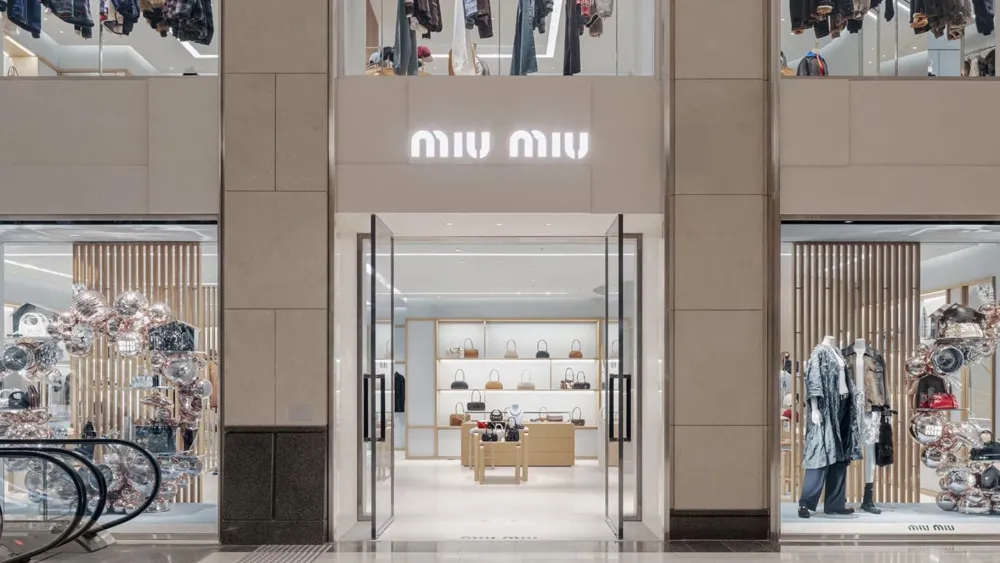
China’s FMCG retailers must compete amidst growing digitization: Bain
Retailers must focus on categories that continue to have low online penetration.
As China’s fast-moving consumer goods (FMCG) market is expected to deal with uncertainties over the rest of 2022 due to muted consumer sentiment, retailers must adopt strategies to compete in an increasingly digitized environment, according to Bain & Company.
In a report, Bain said retailers in the country must build resilient supply chains so they can ensure business continuity even in the event of high disruptions, and redefine their retailing value proposition to shoppers in an increasingly omnichannel environment.
Retailers should also focus on categories where there is a higher chance to win against online retailers, such as fresh, high-quality food offerings, and more broadly, on categories with low online penetration.
China’s FMCG market was dealt a blow when some of the country’s biggest cities started locking down in March and April, and consumers’ worries were reflected in their purchasing behaviour, according to the report.
“Shoppers stocked up by purchasing food and home care products in larger pack sizes. With nowhere to go, they spent less on categories such as high-priced skincare and makeup,” the report stated.
READ MORE: China's retail market not out of the woods yet for Q2
Bain expects turbulence and uncertainty to remain concerns for a large part of 2022, with consumers responding by becoming increasingly more price-sensitive in many categories.
The FMCG dynamics of 2021 continued into early 2022 and then changed course in March and April, as Covid’s shadow reappeared in China. In the four weeks ending April 22, volume grew by 5.6% compared with the same period the year earlier, and average selling price (ASP) dropped by 5.7%, the biggest in recent years.
Similar to 2020, shoppers are expected to continue stocking up on food and home care products in larger pack sizes and spend less on higher-priced products, such as skincare and makeup, until the pandemic restrictions ease.
Despite uncertainties, the rise in at-home consumption is expected to benefit many categories, especially in food and beverages and home care. Consumers’ growing concerns for health and hygiene will also continue to spur growth in milk, personal wash, and other categories, Bain said.
The trend in which consumers shift their purchasing to midrange and mass segments will open the potential for companies to sell products in these price tiers—which Bain noted has been something Chinese insurgent brands have done well.
“Finally, emerging e-commerce options like livestreaming, PDD, and community group-buying platforms will grow their presence and influence, offering brands great access to lower-tier-city consumers—and, soon, consumers in Tier 1 and Tier 2 cities—in a more direct way,” the report stated.



















 Advertise
Advertise







